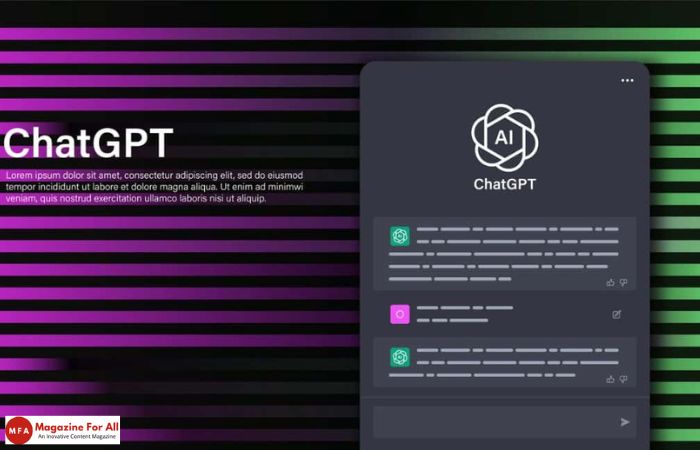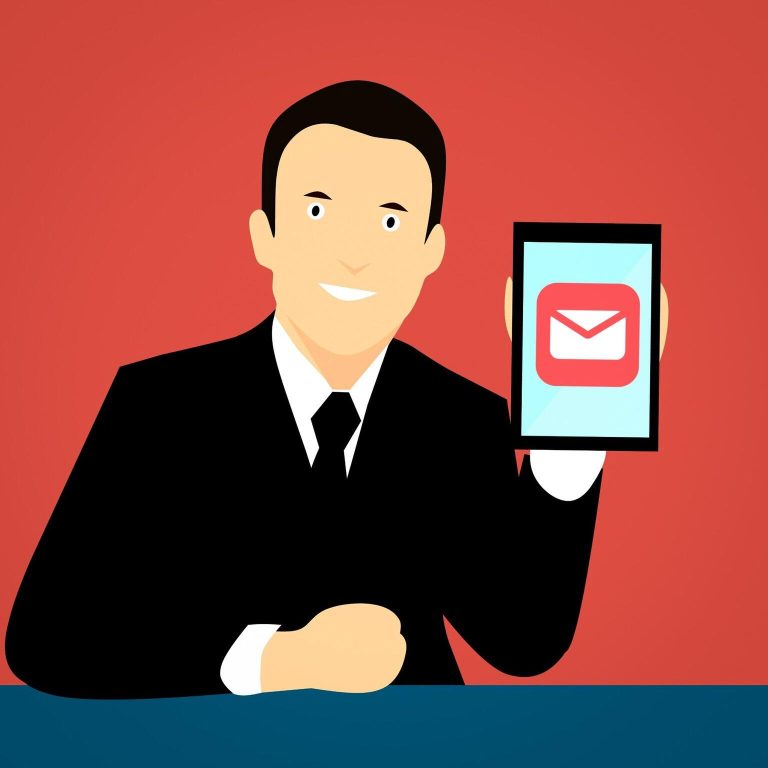In a world driven by technological advancements, the integration of AI into education has transformed the way we acquire knowledge. ChatGPT, a language model developed by OpenAI, is one such innovation that has gained prominence as a versatile learning companion. Whether you’re a student, teacher, or lifelong learner, understanding how to leverage ChatGPT can open up new horizons for learning and creativity.
Table of Contents
Understanding ChatGPT
Before we explore its educational applications, let’s gain a deeper understanding of what ChatGPT is and how it functions. ChatGPT is a variant of the GPT-3 model, designed specifically for conversational interactions. It utilizes a neural network to generate human-like text based on the input it receives. This text-generation ability is what makes ChatGPT an invaluable tool for learning.
Benefits of Using ChatGPT for Learning
ChatGPT offers a myriad of benefits for learners of all ages and backgrounds. Some of the key advantages include:
- Personalized Assistance: ChatGPT can adapt to your specific learning needs, providing customized guidance and information.
- Accessible 24/7: Unlike traditional tutors, ChatGPT is available round the clock, ensuring you have access to learning support whenever you need it.
- Vast Knowledge Base: ChatGPT has access to a vast repository of information, making it a valuable resource for research and study.
- Enhanced Creativity: It can inspire creativity by generating ideas, suggesting plotlines, or assisting in creative writing projects.
- Language Proficiency: Whether you’re learning a new language or honing your writing skills, ChatGPT can help you improve your linguistic abilities.
- Instant Feedback: Receive instant feedback on your work, helping you identify areas for improvement.
ChatGPT as a Research Assistant
One of the most valuable applications of ChatGPT in education is its role as a research assistant. Whether you’re working on a school project, a research paper, or a thesis, ChatGPT can help streamline the research process. If you’re looking for information or Write My Essay reviews, ChatGPT can assist you in finding credible sources and literature reviews that will strengthen your academic work.
Tips for Using ChatGPT as a Research Assistant
- Clearly define your research topic and questions before interacting with ChatGPT.
- Provide specific keywords and context to narrow down the search results.
- Ask for summaries, explanations, or relevant sources to deepen your understanding of a topic.
- Cross-reference the information provided by ChatGPT with other reputable sources.
Enhancing Writing Skills with ChatGPT
Effective writing is a fundamental skill in education and beyond. ChatGPT can assist in improving your writing skills by offering guidance, suggestions, and even generating content.
How ChatGPT Can Help You Improve Your Writing
- Grammar and Spelling: ChatGPT can proofread your writing and suggest corrections for grammatical errors and spelling mistakes.
- Structural Guidance: It can provide tips on structuring your essays, reports, or creative pieces.
- Idea Generation: If you’re stuck, ChatGPT can offer ideas for your writing projects.
- Editing and Revision: Use ChatGPT to revise and refine your drafts for clarity and coherence.
Learning Languages with ChatGPT
Learning a new language can be a challenging yet rewarding endeavor. ChatGPT can make the process more enjoyable and effective.
Language Learning Tips with ChatGPT
- Conversational Practice: Engage in conversations with ChatGPT to practice speaking and listening skills in your target language.
- Translation Assistance: ChatGPT can help you understand and translate texts in different languages.
- Vocabulary Building: Ask ChatGPT for vocabulary lists, flashcards, or example sentences to expand your language skills.
Mathematics and Science Assistance
Math and science subjects often pose difficulties for learners. ChatGPT can serve as a knowledgeable companion to help you navigate these complex topics.
How ChatGPT Supports Math and Science Learning
- Problem Solving: Present math or science problems to ChatGPT, and it can provide step-by-step solutions and explanations.
- Concept Clarification: Seek clarification on mathematical or scientific concepts that you find challenging.
- Interactive Learning: Use ChatGPT for interactive quizzes, simulations, and experiments related to math and science.
ChatGPT for Programming and Coding
If you’re pursuing a career in programming or software development, ChatGPT can assist in your journey.
Programming and Coding Support from ChatGPT
- Code Review: Share your code with ChatGPT for feedback, suggestions, and bug identification.
- Coding Challenges: Receive coding challenges and exercises to enhance your coding skills.
- Algorithm Insights: ChatGPT can explain algorithms and data structures to aid in your understanding.
ChatGPT in History and Social Studies
History and social studies classes often involve memorizing facts and understanding complex events. ChatGPT can make these subjects more engaging.
Utilizing ChatGPT for History and Social Studies
- Historical Context: Ask ChatGPT to provide historical context for events, making them more relatable.
- Debate and Discussion: Engage in historical debates or discussions with ChatGPT to gain different perspectives.
- Research Papers: ChatGPT can help you with research for papers on historical topics.
ChatGPT for Creative Writing
Whether you’re an aspiring novelist, poet, or screenwriter, ChatGPT can be your creative partner.
Creative Writing Ideas with ChatGPT
- Storytelling Prompts: Request creative prompts to spark your imagination and overcome writer’s block.
- Character Development: Collaborate with ChatGPT to create well-rounded characters for your stories.
- Plot Twists and Ideas: Generate unique plot twists and story ideas with ChatGPT’s assistance.
Tips for Effective Learning with ChatGPT
Be Specific with Your Queries
When using ChatGPT for learning, it’s essential to be specific with your questions. Clearly state what you need assistance with to receive more accurate and relevant responses.
Cross-Reference Information
While ChatGPT is a valuable resource, it’s always a good practice to cross-reference the information it provides with trusted sources, especially for academic and critical tasks.
Experiment and Learn
Don’t be afraid to experiment with ChatGPT. Ask different types of questions, explore various topics, and learn through trial and error. The more you engage with ChatGPT, the better you’ll understand its capabilities.
Conclusion
In conclusion, ChatGPT is a versatile learning tool that can assist you in various aspects of education and self-improvement. Whether you’re looking to enhance your language skills, conduct research, solve math problems, or delve into programming, ChatGPT is there to support your learning journey. By using ChatGPT effectively and responsibly, you can unlock a world of knowledge at your fingertips.
Related Post: How to write the best job descriptions to attract quality candidates

































































